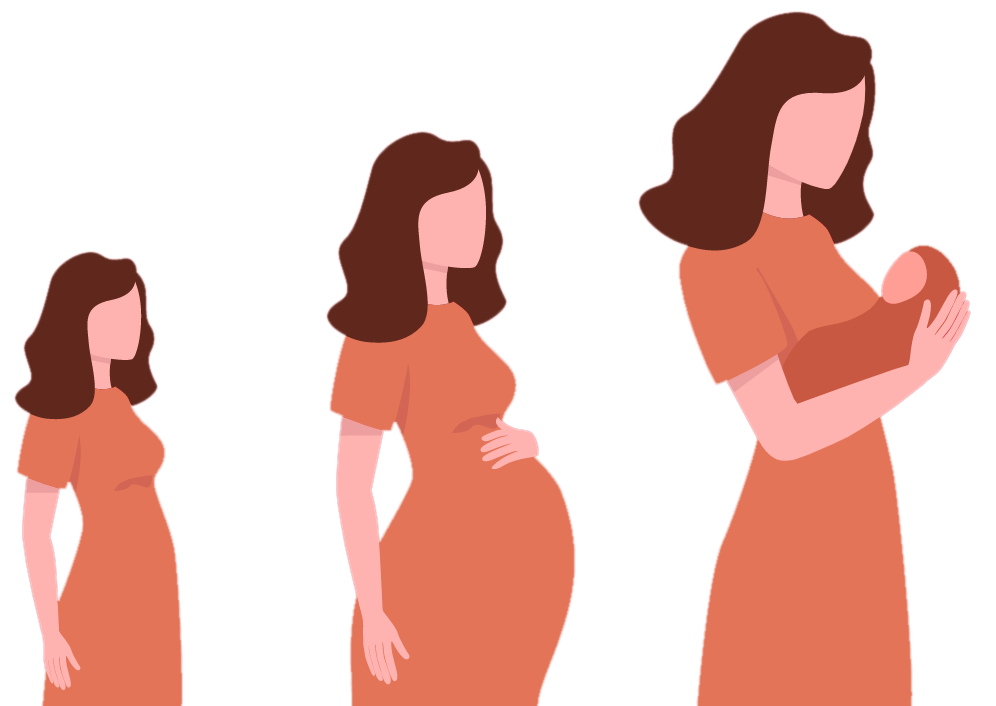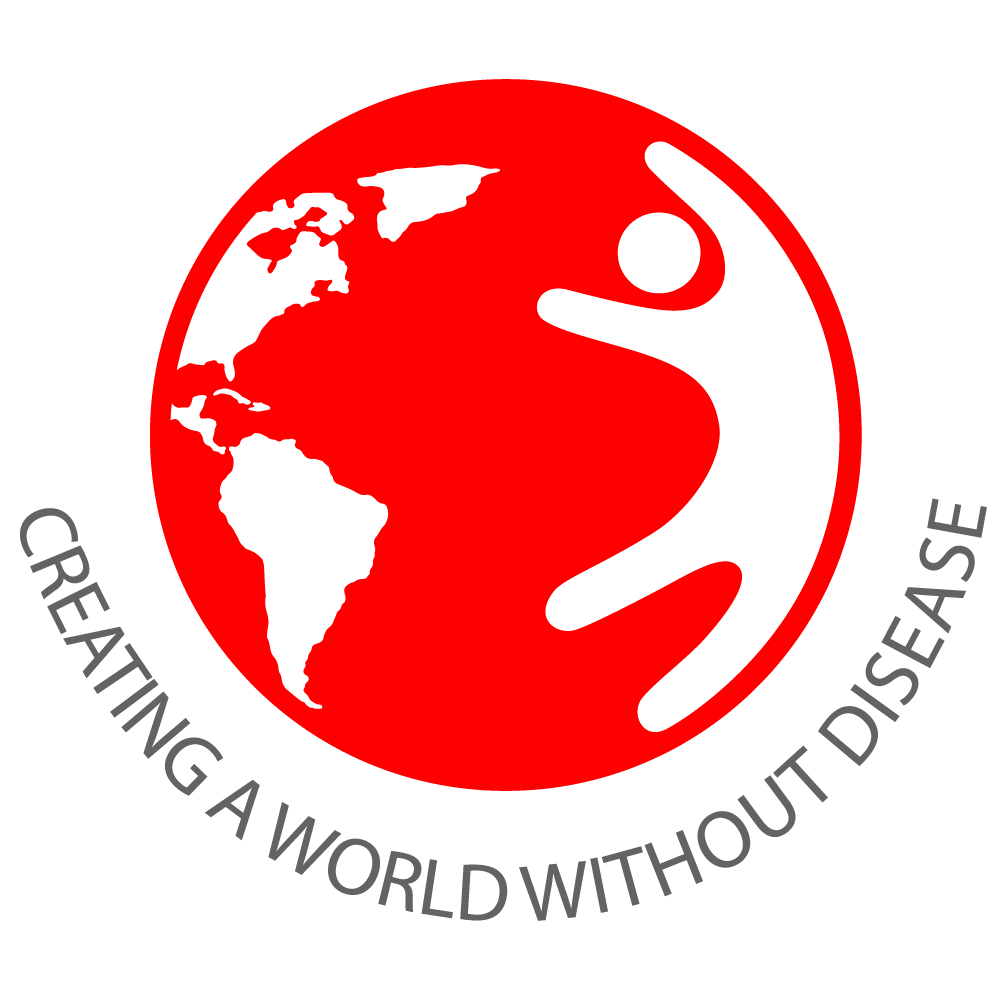


Pregnancy
Addressing the promotion of health habits in the context of relevant interaction points such as morning sickness, weight gain, aches and pains and nutritional supplements. Facilitating choice of safe and effective treatment options and the enabling of social and emotional support.

Newborn
Establishing healthy habits in the context of baby firsts, bathing, sleeping, feeding, fever and developmental milestones. Topics also covered are, addressing baby discomfort, facilitating emotional bonds between mother and child and facilitating mother’s confidence in health choices.

Toddler
Establishing healthy habits in the context of baby’s increasing awareness and involvement in the world around them and facilitating Mother’s readiness to address common Baby issues like allergies, fever, diarrhoea, cough and colds.

Priority Areas in SEA
Demonstrating the epidemiologic rationale for priority areas including: self-care, skin care and essential health, essential surgery and immunology.

.png)
_0.png)













